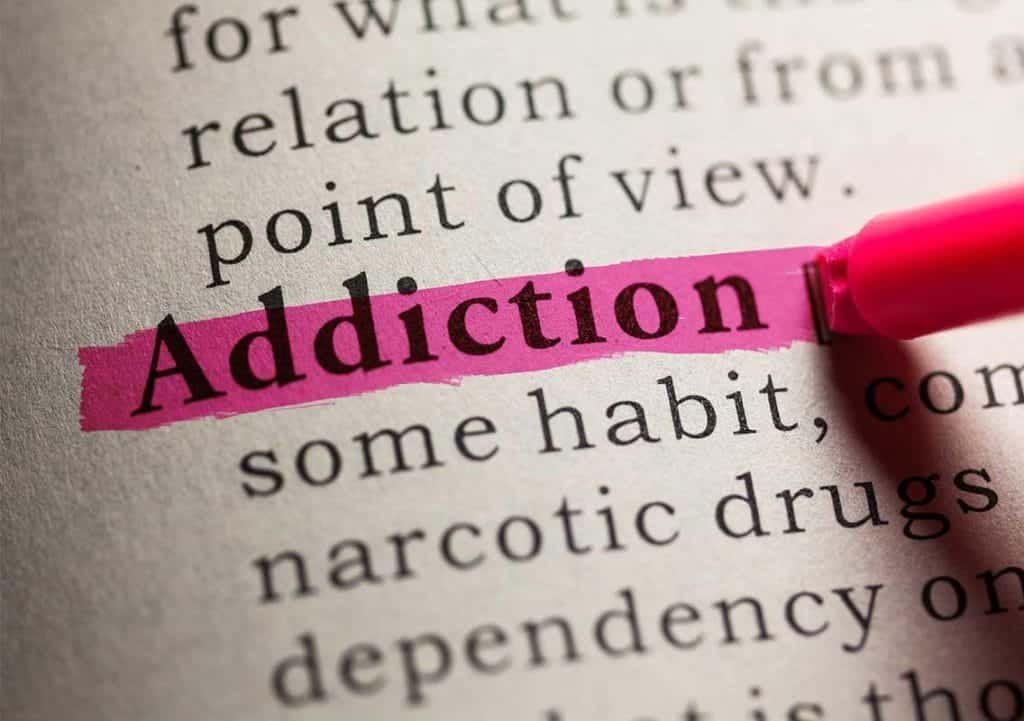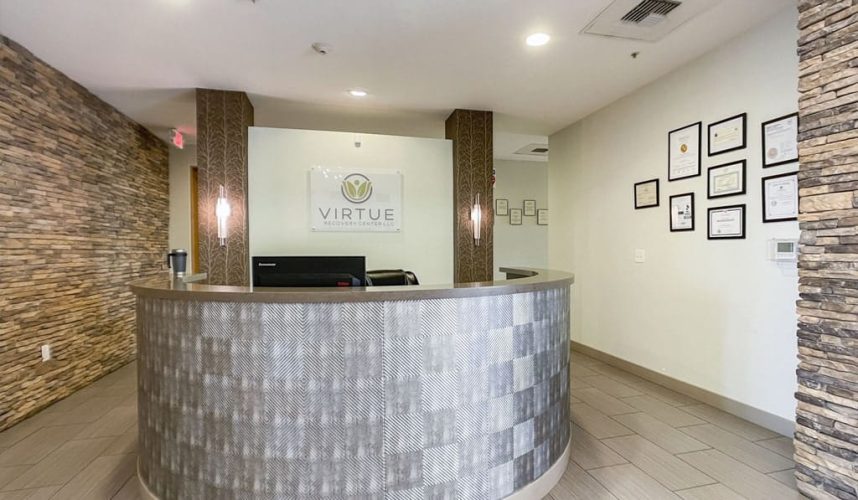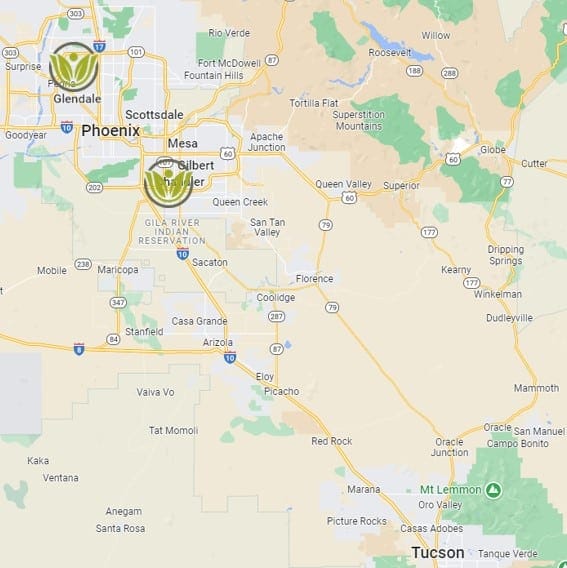What Is A State-Funded Detox Center?
A detox center is primarily focused on helping you safely withdraw from the substance you’ve been using. It’s the first stepping stone in your journey to recovery. In this setting, you’re under the care of medical professionals who monitor your physical well-being, manage withdrawal symptoms, and ensure a safe and comfortable detoxification process. This phase of treatment is about eliminating the substance from your body and managing the acute symptoms of withdrawal.
What Is A State-Funded Rehab Center?
A rehab center offers a broader range of services designed to treat the whole person and not just their addiction. Rehab centers focus on the psychological, emotional, and behavioral aspects of addiction. They provide therapy, counseling, education, and skills training to help you understand the root causes of your addiction, develop healthier coping mechanisms, and prepare for a life free of substance abuse. According to the AMA, 90% who need treatment don't get it and a 2020 study showed the top reason for not receiving mental health services was cost. Government-funded rehab in Arizona usually offers a cheaper alternative compared to privately funded rehab centers.
Detox Centers in Arizona
In Arizona, detox centers play a pivotal role in providing the first step towards recovery for those struggling with addiction. These facilities offer crucial services, including medical supervision and support during the withdrawal process. The aim is to safely transition individuals from physical dependence on substances to a substance-free state. With 92 drug & alcohol detox centers in the state, there is a variety of options available for those seeking help. Each center strives to provide compassionate care, guiding patients through this challenging phase of their recovery journey.
Among these numerous detox centers in Arizona, Virtue Recovery Center holds a special place. Our detox center is designed to provide a supportive and nurturing environment where you can begin your path to recovery. We understand that detoxification is an intense process, both physically and emotionally. That's why we've committed ourselves to provide medical supervision, manage withdrawal symptoms, and ensure your comfort throughout. At Virtue Recovery Center, our goal is not just to help you detox but to prepare you for the next step in your recovery journey, setting a strong foundation for long-term sobriety. Your journey to wellness is our priority, and we're here to help you every step of the way.
Frequently Asked Questions (FAQ)
Medicaid is a state-funded program that provides detox and rehab coverage. In Arizona, Medicaid is also known as the Arizona Health Care Cost Containment System (AHCCCS). People who satisfy eligibility requirements are covered. AHCCCS recognizes that addiction treatment improves lives and productivity.
Mental health treatment is an integral part of substance use rehab. Yes, state-funded detox in Arizona pays for mental health treatment as part of a treatment program, which raises the potential for successful and sustainable recovery. These co-occurring conditions must be addressed simultaneously to lead to better recovery outcomes.
It is crucial that state-funded inpatient rehab in Arizona cover dual diagnosis treatment. Dual diagnosis refers to co-occurring substance use disorders and mental or behavioral conditions. An integrated treatment plan is required to reduce a potential relapse. Virtue Recovery Center specializes in treating mental health conditions and substance use disorders, which raises the potential for a successful and sustainable recovery.
A dual diagnosis is a diagnosis of two separate conditions. Co-occurring mental health conditions can include anxiety disorder, bipolar disorder, eating disorders, or depressive disorders. They can also include personality disorders and schizophrenia, which are more complex mental health conditions. Virtue Recovery Center has the tools necessary to help people on their path to a successful recovery.
State-funded inpatient rehab in Arizona offers treatments for people with low or limited financial means. The Affordable Care Act (ACA) mandates that insurance policies cover substance use treatment. Private insurance does cover state-funded rehab in Arizona when the center is within the policy network. You can quickly check your coverage and costs by calling Virtue Recovery Center at 866-461-3339.
- AHCCS administers the Arizona Medicaid program, providing opioid treatment, peer and family support services, and serious mental illness treatment. Medicaid is a joint state and federal program that provides several healthcare services. Most addiction treatment options fall under behavioral health services. You can easily check your coverage by calling 866-461-3339.
A person must meet four eligibility requirements to attend a state-funded drug rehab in Arizona, including having a substance use disorder. The other three criteria are the same as the requirements for AHCCCS.
- Income: Government-funded rehab in Arizona is designed for those who cannot afford treatment in a private facility. You will likely be required to show proof of income.
- Residency: To qualify for a state-funded program you must be a resident of the state. Some programs require you to be a resident of the county where the program is located.
- Legal Status: Some state-funded drug rehab programs in Arizona require you to be a legal resident of the U.S.
- Substance Use Disorder: To qualify for substance use disorder treatment, you must have a substance use disorder. The eligibility for admission varies depending on the facility and can include an assessment to determine your fit with the program.
There are several differences between a private and state-funded alcohol rehab center. You should know and understand these differences and you make decisions about your substance use recovery.
- Cost: Private rehabilitation centers are for-profit organizations, which means that clients must pay for the services, whether out of pocket or through rehab insurance. At Virtue Recovery Centers, we believe that your recovery is priceless and we work with our clients who need to pay without insurance. We aim to provide the highest level quality of service.
- Level of Care: Private centers often can create more personalized treatments and have a wider range of amenities and services for inpatient care.
- Availability: You will likely have a longer wait time at a state-funded rehab in Arizona than a private one. Public centers have limited resources and often more clients than they can treat.
- Services: Private rehab centers may offer alternative or complementary services to support your recovery, such as yoga, acupuncture, and music therapy. However, state-funded drug rehab in Arizona don’t typically have the resources to offer these services.
- Confidentiality: Public and state-funded drug programs in Arizona may be required to report certain information to the government to receive funds. Private rehab centers do not have that obligation.
The admission process into a state-funded detox program in Arizona varies depending on the program. The process begins with an admission assessment to determine if it is a good fit between you and the program. Virtue Recovery Center offers a free and confidential assessment with an experienced therapist. Call us today at 866-461-3339 to request a free assessment.
A state-funded rehab center in Arizona will also check your insurance coverage, including AHCCCS, and other eligibility requirements such as residency, legal status, and income level. A major factor that influences admission is space availability in the program.
The first step is detoxification, commonly called withdrawal. This is often the most physically uncomfortable part of the process. Withdrawal or detox should never be attempted on your own as it can trigger dangerous symptoms that can become life-threatening. At Virtue Recovery Center, we support you with medically assisted detoxification to reduce the symptoms while monitoring for side effects.
Once people are through the most difficult part of withdrawal, alcohol and drug rehabilitation begins in earnest. Our addiction recovery centers offer a structured and personalized program that varies depending on the individual’s specific needs.
Addiction takes a toll on your body and mind and can trigger physical health problems and behavioral changes because of the effect on the brain. In a structured setting, most people experience less stress, which makes it easier to discuss their addictions and open up about their mental health conditions. This is essential to heal from any trauma that has contributed to substance abuse and to develop a sustainable path to recovery.
Treatment Programs
Admission
"*" indicates required fields













